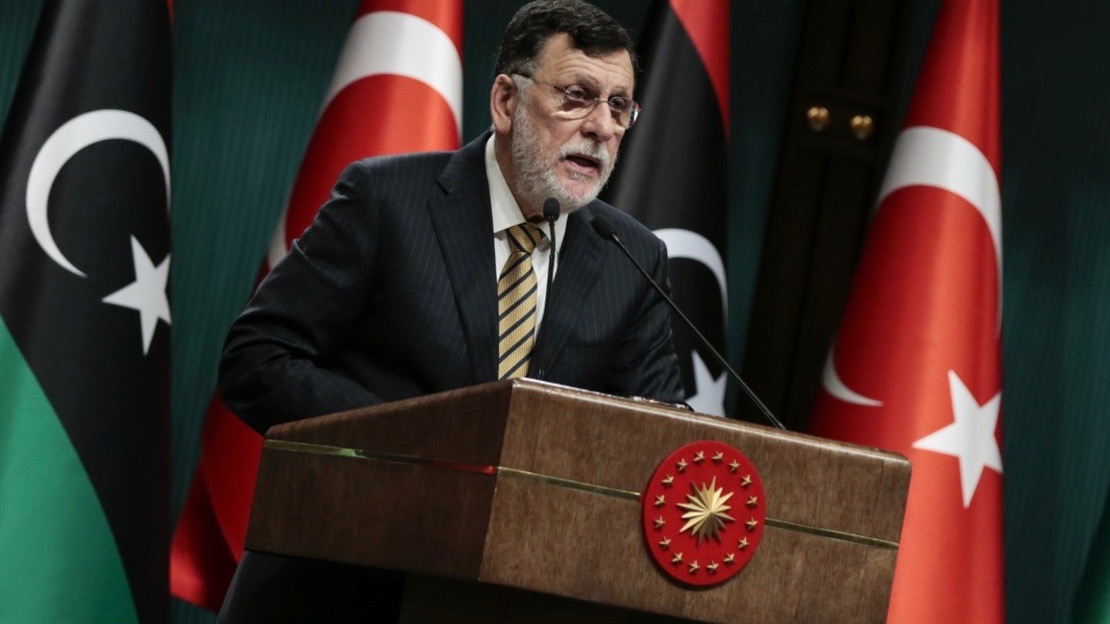Libya’s Tripoli-based, United Nations-recognized Government of National Accord (GNA), which is in control of the western part of the country, will soon assume caretaker capacity. This is as peace talks between the two warring sides to end the country’s years long civil war is set to conclude by the end of next month. This was announced by GNA prime minister Fayez Al-Sarraj in a televised speech on September 16, Wednesday. According to government officials familiar with the prime minister’s plans, he will be announcing his resignation by the end of this week and has already informed the other Libyan factions.
Besides the GNA, the main faction in Libya is the Tobruk-based Eastern Government, which is allied with the rebel Libyan National Army (LNA) led by General Khalifa Haftar.
Al-Sarraj in his speech said, “I announce to everyone my sincere desire to hand over my duties to the next executive authority, no later than the end of next October.” He also hoped that the ongoing negotiations will soon result in the formation of a new, unified presidential council and the appointment of a prime minister.
The peace agreement is also expected to draw out a blueprint for the country to hold parliamentary and presidential elections in the near future. Al-Sarraj said that the UN-sponsored peace negotiations underway in the Moroccan city of Bouzania and the Swiss city of Montreaux have succeeded in the rival sides entering a ‘new preparatory phase’ to finally achieve peace and political unity in the country.
Negotiations for a final peace agreement are expected to resume soon in the Swiss city of Geneva. Al-Sarraj’s announcement comes on the heels of the resignation of the eastern government on Sunday, September 13, after intense popular protests against both the rival governments.
Protests against corruption, poor government services, long power cuts, high oil prices, etc., had begun in the last few weeks and were steadily gaining steam. The effect of the resignations of both the rival governments on the protests remains to be seen, but there are fears that this may lead to more chaos and violence in the country if the vacuum left by them is not addressed soon. The reaction and future plan of action of other political factions present in Libya besides these two is not fully known.
An earlier tentative ceasefire announced in August between the two main rivals had also failed to reduce violence and the political and economic uncertainty in the country. Libya has been undergoing intense armed conflict, with infighting among the various political factions since May 2014 when the Haftar-led LNA launched a military campaign against the GNA armed forces to take control of the capital Tripoli and the western part of the country.
The LNA has been financially and militarily supported extensively by international players such as Russia, United Arab Emirates (UAE) and Egypt. The GNA, on the other hand, enjoys the support of Turkey, the UN, US and Qatar. Libya, the country with the largest oil reserves in Africa, has been in a state of civil war and political turmoil since 2011, when a NATO-led invasion of the country removed the regime of Muammar Gaddafi.





